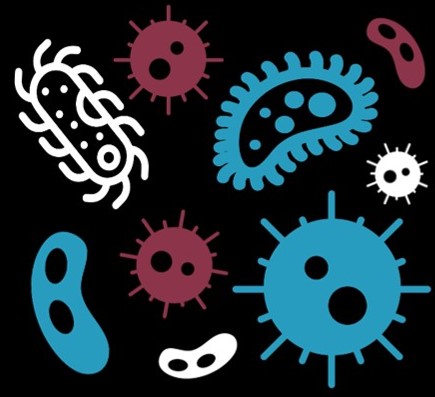A version of the invited talk by Dr Meredith Barr on Integrating Thermal and Bio-Conversion and the Future of the EBNet Biochar Working Group is now available here on EBNet’s YouTube Channel.
The talk was presented at the 4th BBNet conference The Future Prospects for Biorefining: Feedstocks, Technologies & Products, held on 15-17 Oct 2025 in Sheffield, UK.
 Integration of thermal, thermochemical, and biological conversion technologies is emerging as a critical opportunity to enhance the environmental and economic performance of waste and biomass valorisation. In February 2025, the EBNet Biochars for Pollution Prevention Working Group hosted a two-day workshop, co-funded with BBNet, to scope this field and identify research, enterprise, and regulatory priorities.
Integration of thermal, thermochemical, and biological conversion technologies is emerging as a critical opportunity to enhance the environmental and economic performance of waste and biomass valorisation. In February 2025, the EBNet Biochars for Pollution Prevention Working Group hosted a two-day workshop, co-funded with BBNet, to scope this field and identify research, enterprise, and regulatory priorities.
Experts from academia, industry, and policy contributed through research presentations, consensus-building activities, and an industry panel discussion. Priority pathways highlighted included valorisation of anaerobic digestion residues through hydrothermal carbonisation and pyrolysis, the use of biochar in soil and wastewater microbiome engineering, and the application of hydrothermal pretreatments to bioconversion feedstocks. These were perceived to offer high potential in terms of ecological benefits, market disruption, and waste valorisation.
Panel discussions underscored both the opportunities for circularity, multi-output value chains, and decentralised integration, and the challenges posed by regulatory misalignment, knowledge gaps, and the complexity of scaling integrated systems.
As EBNet approaches its conclusion in January 2026, the Biochar Working Group will continue as a community of practice, maintaining its mailing list to foster communication and knowledge exchange. The WG is also exploring avenues for future collaboration and funding to sustain momentum and support the growing community engaged in advancing integrated biochar and bioconversion technologies.
For more details on the Working Group’s activities see EBNet WG: Biochars for Pollution Prevention, and for information on EBNet’s sister-NIBB see Biomass Biorefinery Network (BBNet).



